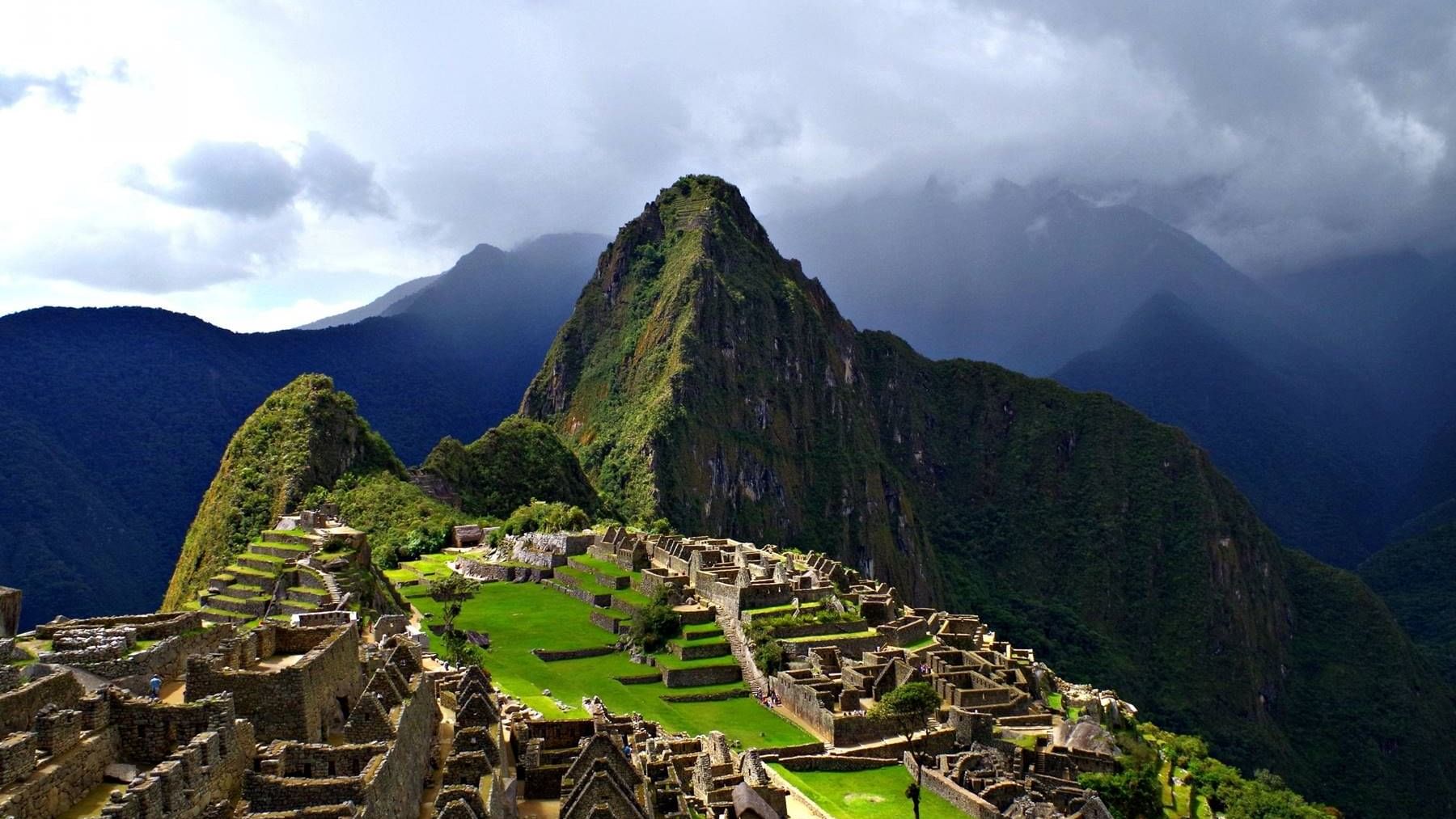Prevent and treat altitude sickness on your trip to Machu Picchu,
When planning a trip to Machu Picchu, one of the most important aspects to consider is acclimatization to the altitude. Cusco, the starting point for most trips to Machu Picchu, is located approximately 3,400 meters above sea level, which can cause altitude sickness or soroche in some visitors. Here are some tips to prevent and treat altitude sickness during your trip to Machu Picchu.
- Arrive in Cusco ahead of time
It's crucial that you take at least a couple of days to acclimate in Cusco before continuing your trip to Machu Picchu. During this time, it is advisable to rest, do light activities, and avoid strenuous physical effort.
- Stay well-hydrated
Drinking enough water is key to preventing and treating altitude sickness. Dehydration can worsen the symptoms of soroche, so it's important to drink water regularly, even if you're not thirsty.
- Avoid alcohol and tobacco consumption
Alcohol and tobacco consumption can worsen the symptoms of altitude sickness, as they both contribute to dehydration and decrease the body's ability to absorb oxygen.
- Eat light, carbohydrate-rich foods
Opt for light meals rich in carbohydrates, like cereals, bread, pasta, and rice, as they provide energy quickly and efficiently. Avoid heavy and fatty meals, which can be harder to digest at high altitudes.
- Drink coca leaf infusions
The coca leaf, used since ancient times by the inhabitants of the Andes, is a natural remedy for combating altitude sickness. You can consume coca leaf infusions, which are sold in most establishments in Cusco, or chew the leaves directly. However, keep in mind that the coca leaf is prohibited in some countries, so you won't be able to take it home with you.
- Consider altitude sickness medication
If you are prone to altitude sickness or want to prevent it, consult with your doctor before traveling about the possibility of taking specific medications, such as acetazolamide (Diamox). These medications can help reduce the symptoms of soroche but must be prescribed by a medical professional.
- Descend if symptoms persist
If you experience severe symptoms of altitude sickness, like difficulty breathing, palpitations, severe dizziness, or loss of consciousness, it's crucial to descend to a lower altitude as quickly as possible and seek medical attention.
By following these tips, you can prevent and treat altitude sickness on your trip to Machu Picchu, allowing you to fully enjoy this incredible experience in the heights of the ancient Inca Empire. Remember, each person can react differently to the altitude, so it's important to listen to your body and take the necessary precautions to ensure a safe and enjoyable visit.
In addition to these tips, it's essential to have travel insurance that covers situations related to altitude, such as altitude sickness and medical evacuation in case of an emergency. Make sure to review your travel insurance policies and understand the coverage details before leaving.
It may also be helpful to hire the services of an experienced local tour guide, who will be familiar with altitude conditions and can provide information and assistance in case you face issues related to altitude sickness.
In summary, acclimatization in Cusco is a crucial aspect to consider when planning your trip to Machu Picchu. By following these tips and taking necessary precautions, you can enjoy an unforgettable experience in one of the most impressive and mystical tourist destinations in the world, without altitude sickness preventing you from making the most of your visit.
Staying at Casa del Sol Machu Picchu Boutique Hotel is much more than a luxurious stay. It is immersing yourself in an experience that celebrates the rich history and culture of Peru, all in an environment of exceptional comfort and luxury. Discover Machu Picchu in a unique and memorable way with Casa del Sol Machu Picchu Hotels.
